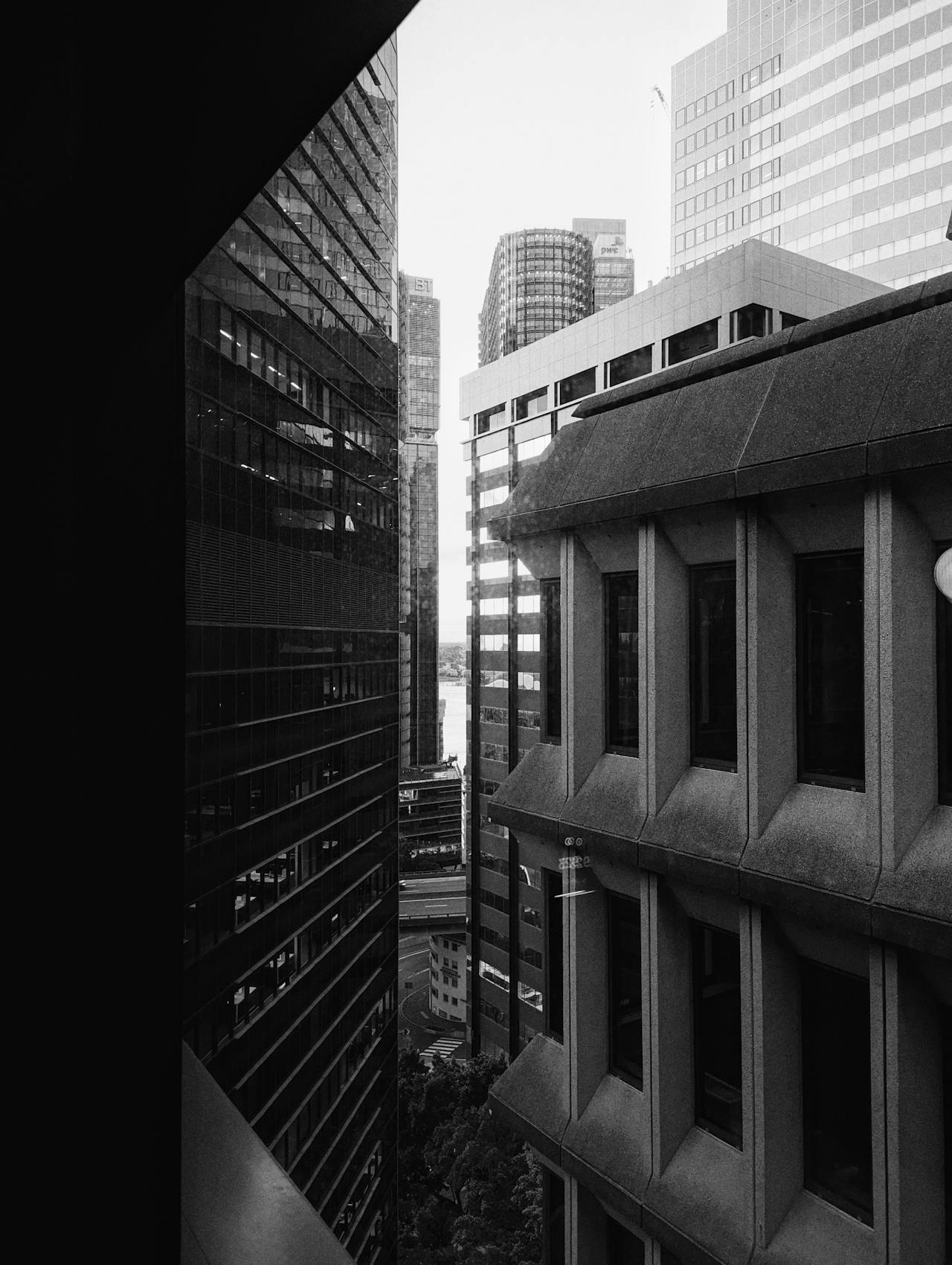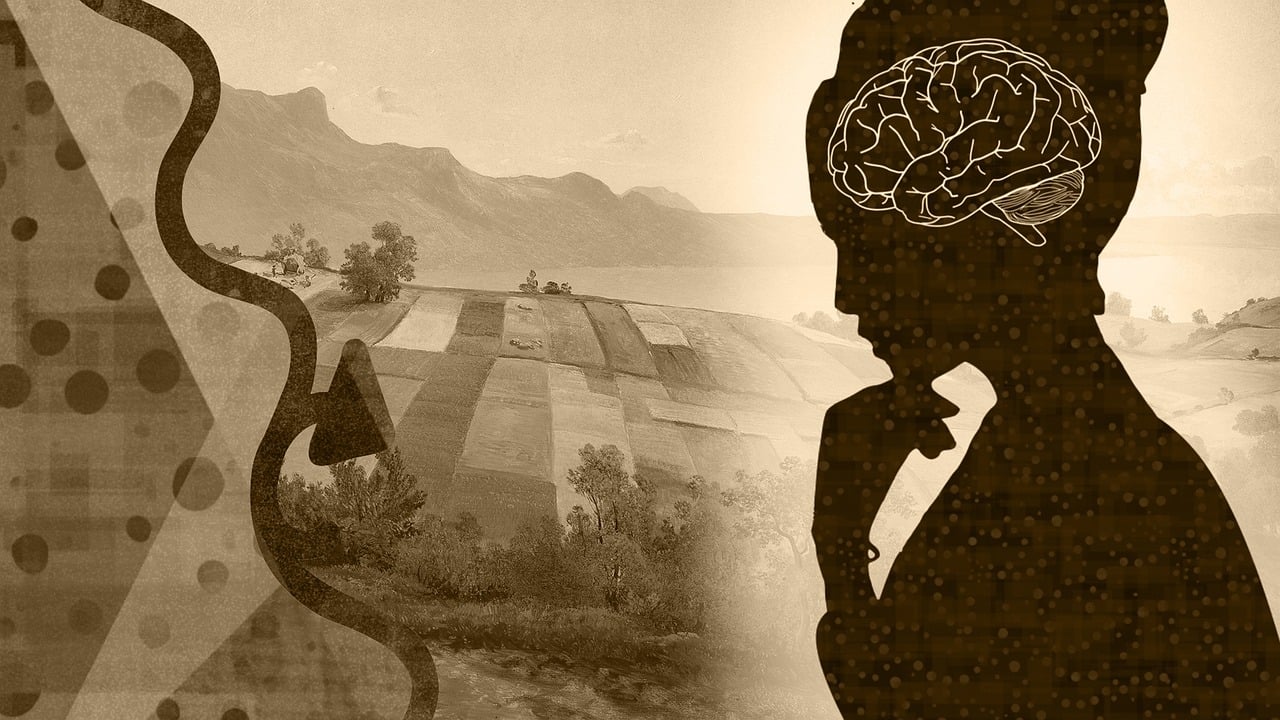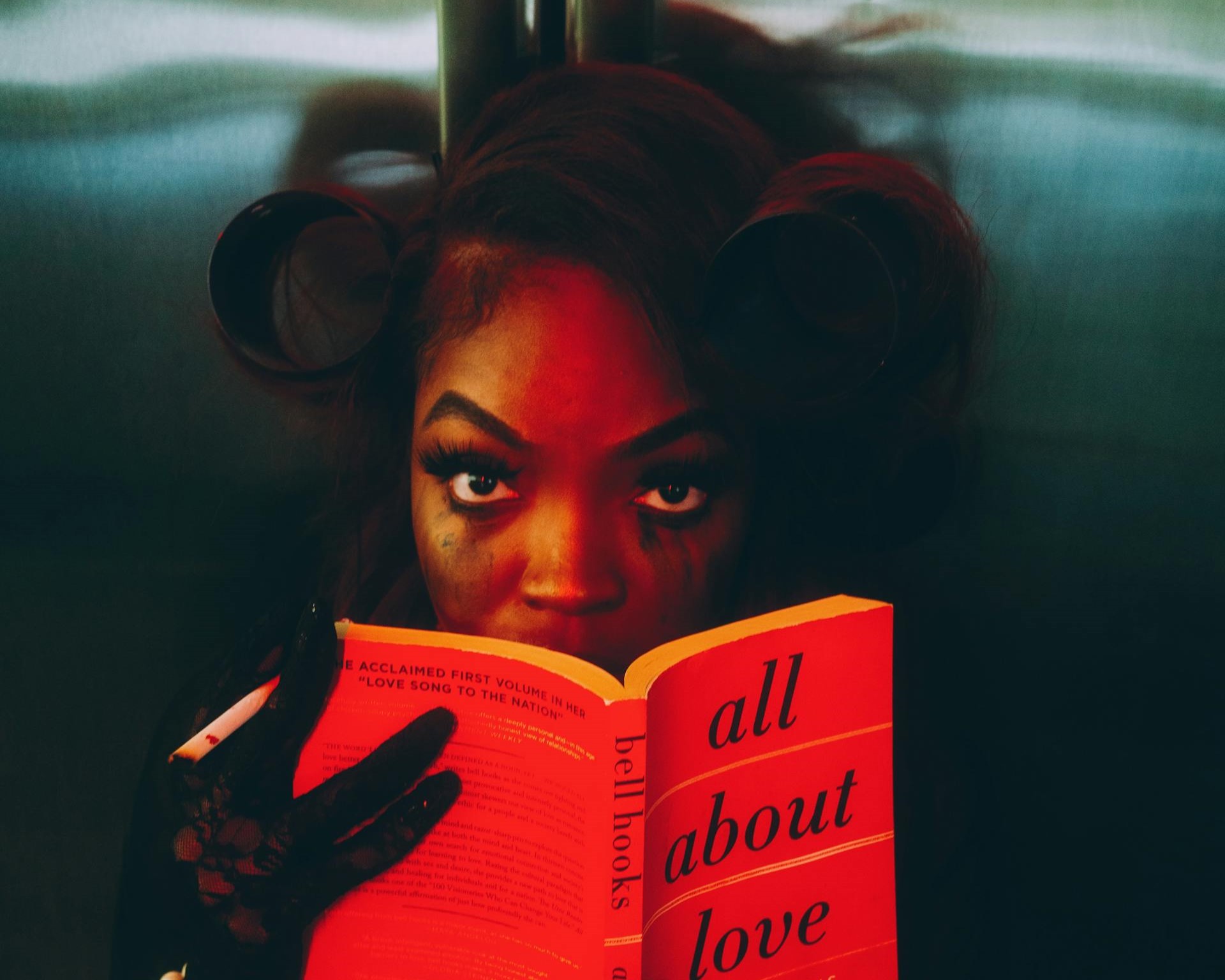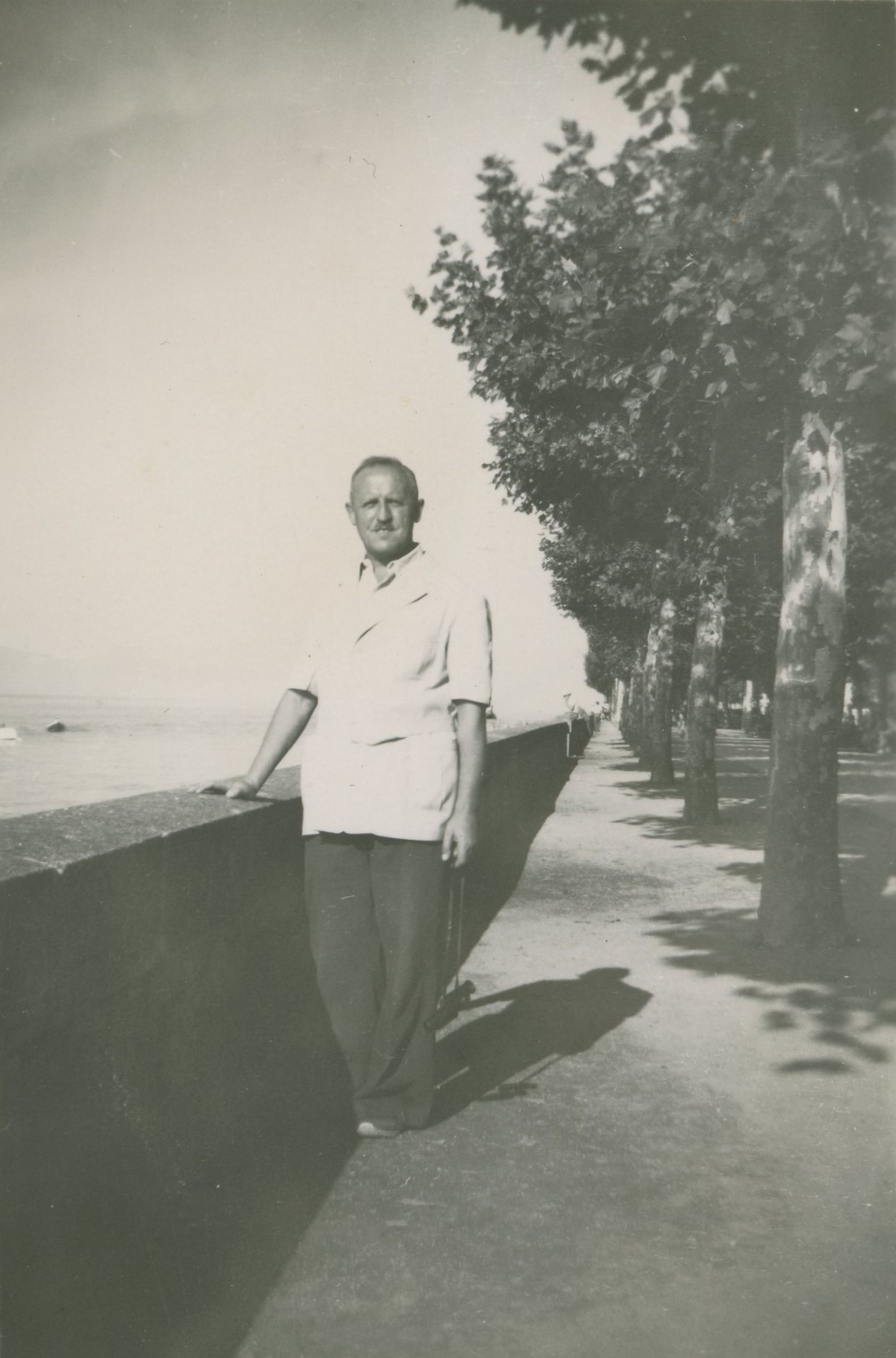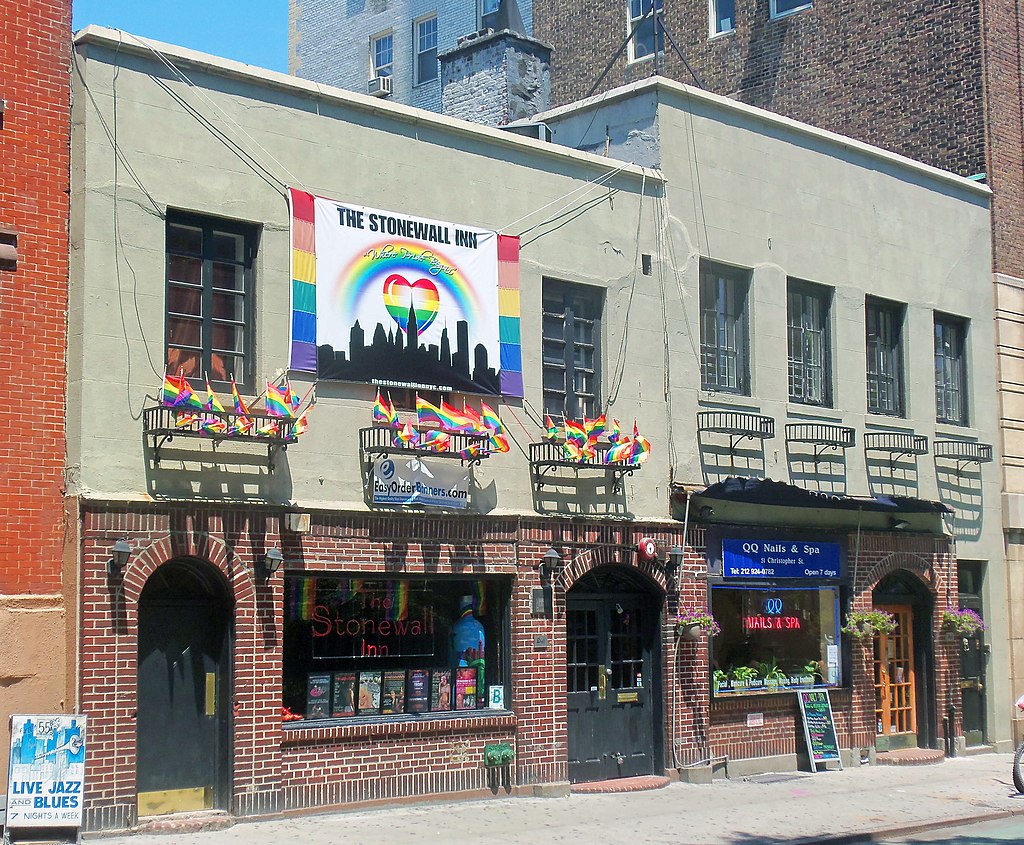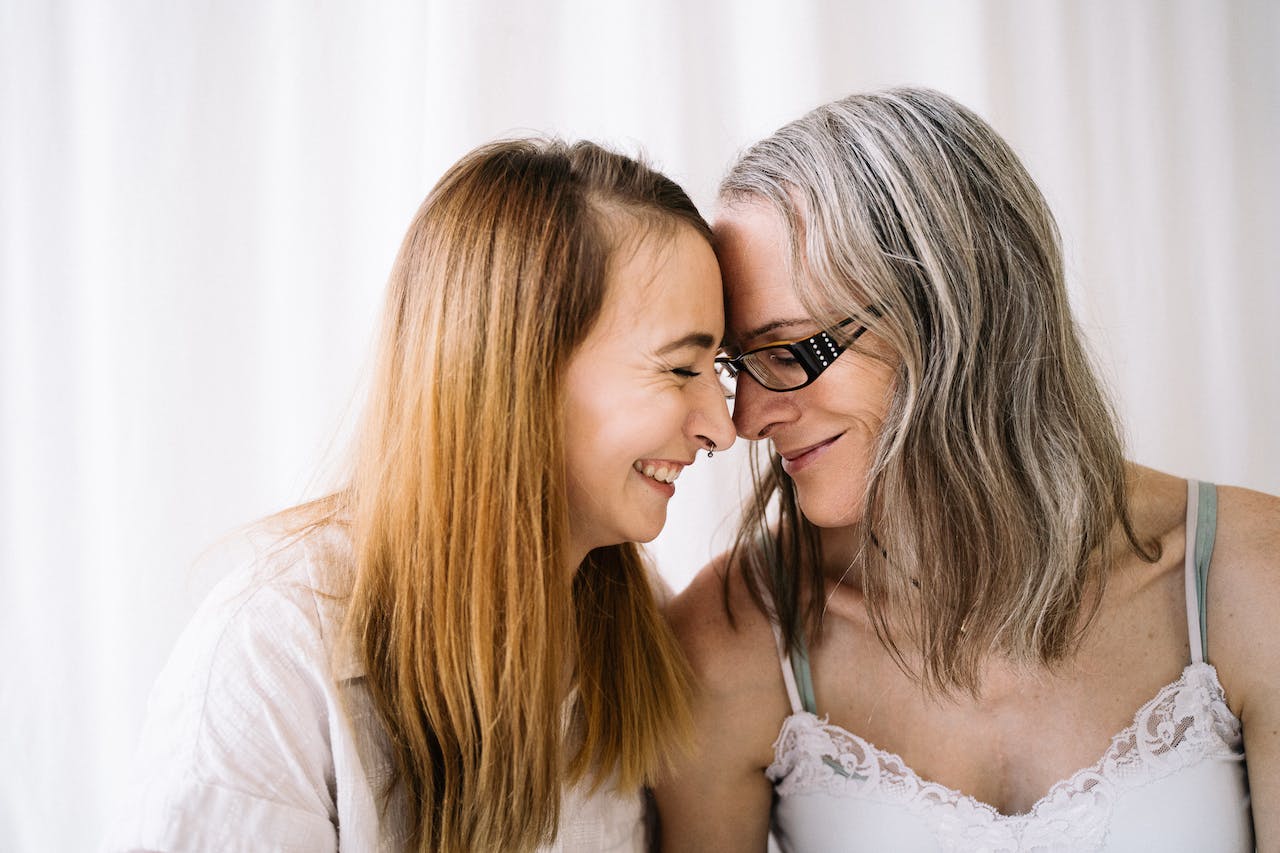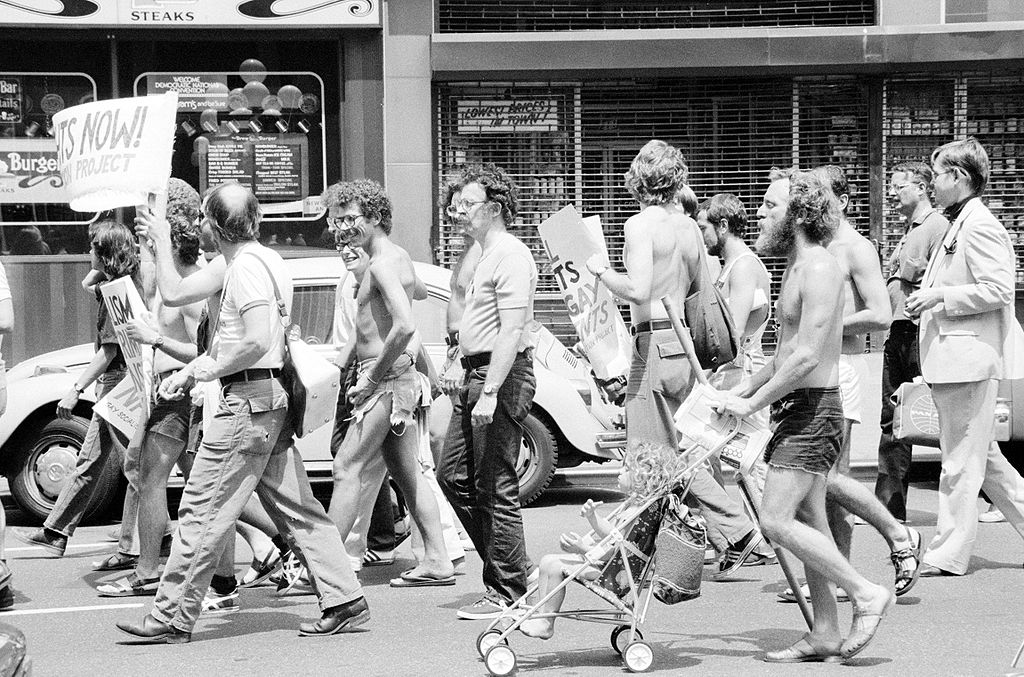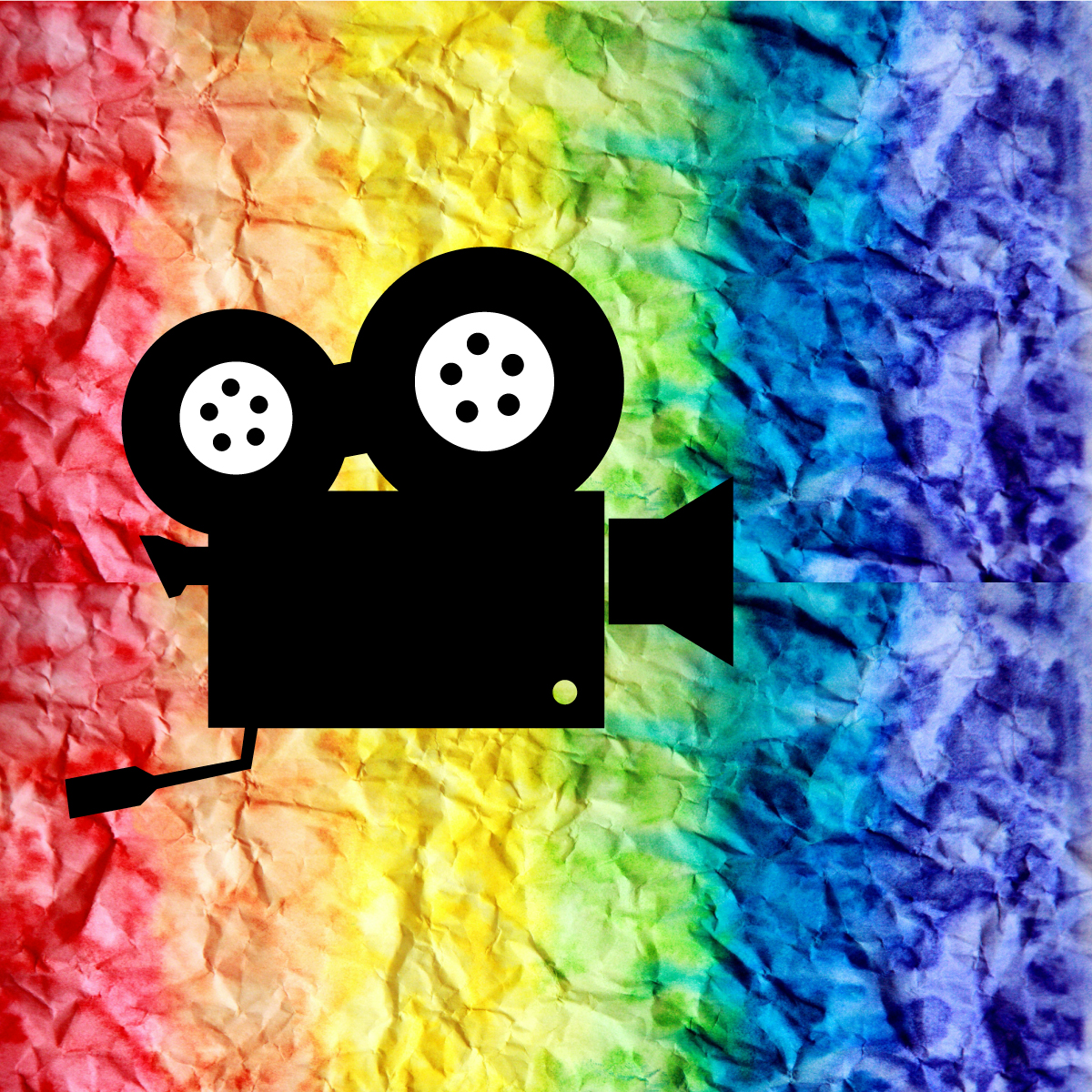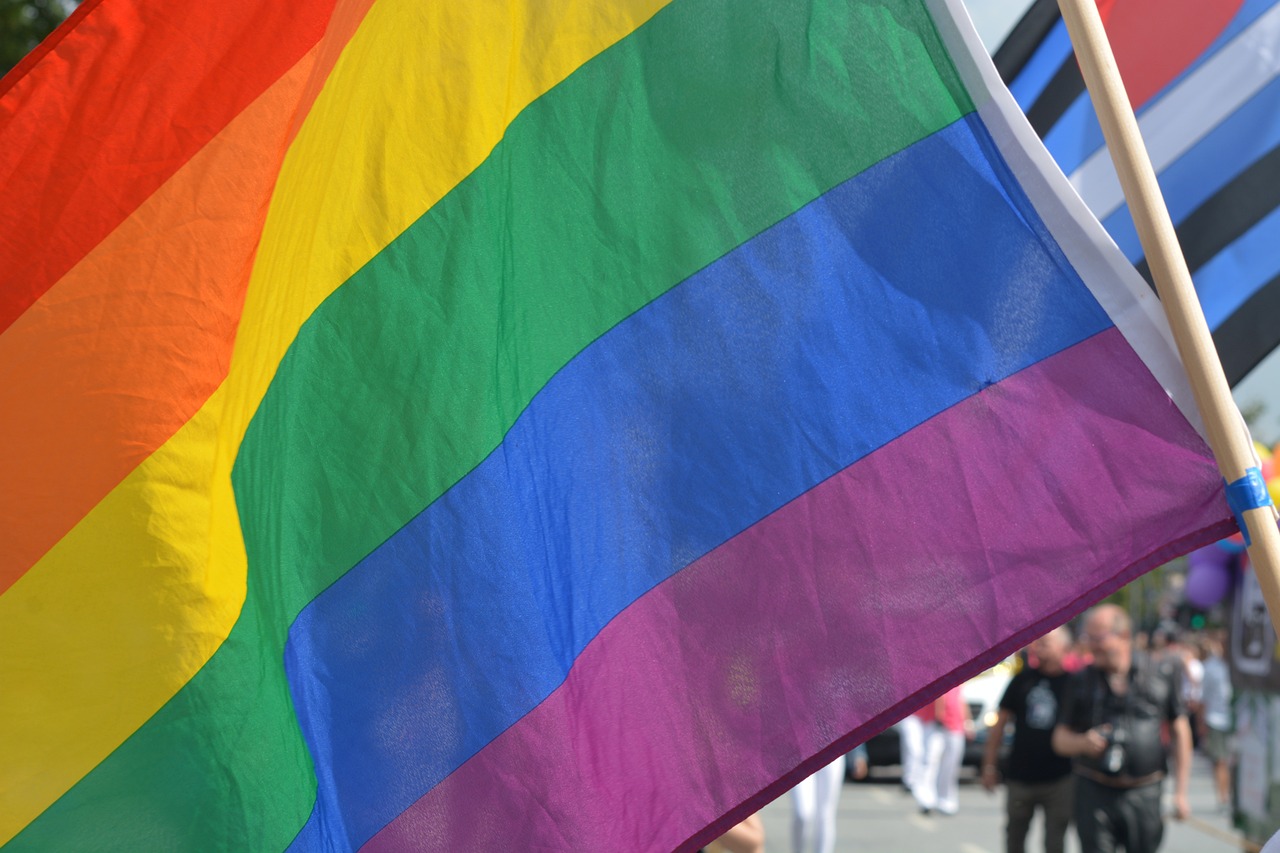On 28 June 1969, police raided a gay club in Greenwich Village, New York. Not an unsurprising event – it was still illegal for men to dance together in a nightclub, let alone have consensual sexual relationships, and “masquerading” as the opposite sex, for example, as a drag queen, was also a crime. A club such as Stonewall, which was attended mostly by Black and Latinx men and drag queens, was somewhere the police expected to close down without incident. Instead, the anger of the racially and sexually oppressed erupted into a riot, in turn spawning further riots and protests across the city. The riots focused national attention on the social injustice faced by homosexuals in America and sparked the conversation about tolerance and equality that has seen so much change until today.

